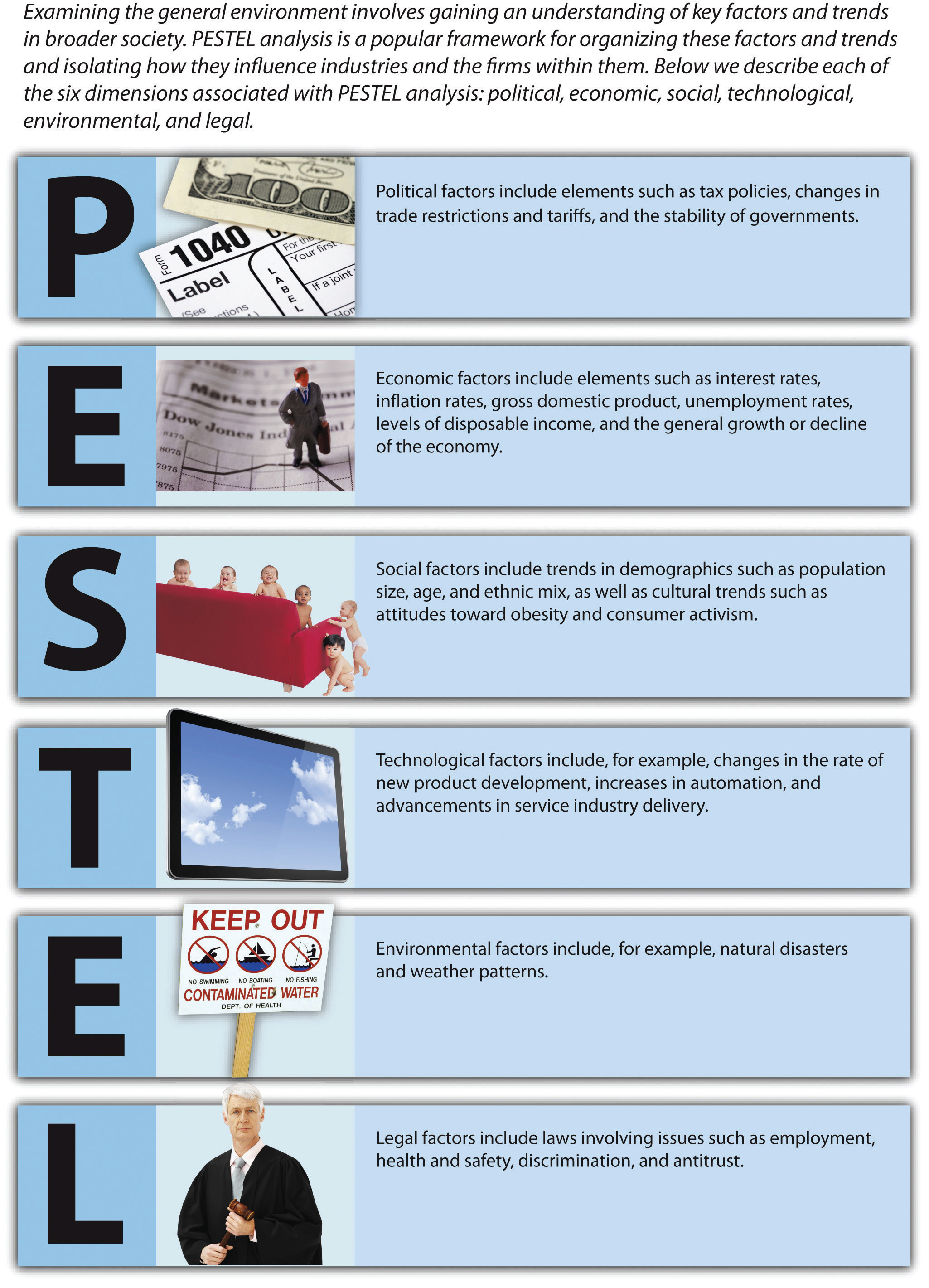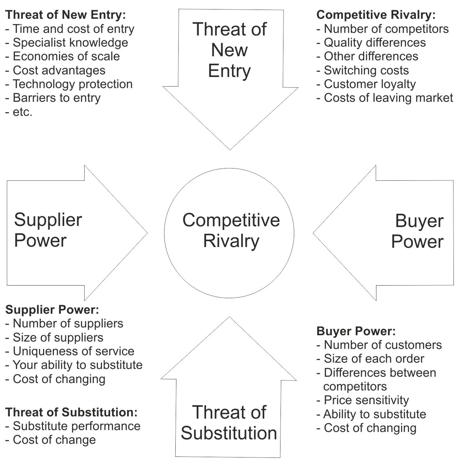First of all, I’m suppose to make a writing journal each week, but due to lack of idea and my mind comes to the end of the road, I didn’t accomplished the task within the time given. I’m sorry for my bad…
24092013… Today, we learned about
evaluating a company’s external environment. “What is macro-environment???”
that was the first question asked by Miss ummi when she started the lecturer.
Then, she explains that it includes all the environmental factors that have an
impact on all organizations and firms within the economy whether directly or
indirectly. The strategically relevant factors in the macro-environment are
PESTEL. It may sound like a species of flower, but it is not. PESTEL are stands
for Politics, Environmental, Social, Technological, Economic, and Legal &
regulatory. It is a framework or tool used by marketers to analyze and monitor the
macro-environmental (external marketing environment) factors that have an
impact on an organization. These factors can be classified as opportunities and
threats in a SWOT analysis if combined with external micro-environmental
factors and internal drivers.
·
Political: to what degree the
government intervenes in the economy.
·
Economic: include economic
growth, interest rates, exchange rates and the inflation rate.
·
Social: include the cultural aspects
and include health consciousness, population growth rate, age distribution,
career attitudes and emphasis on safety.
·
Technological: include
technological aspects such as R&D activity, automation, technology
incentives and the rate of technological change.
·
Environmental: include
ecological and environmental aspects which may especially affect industries.
·
Legal: include discrimination
law, consumer law, health and safety law, and etc
Other than that, we also learnt about
the Five Competitive Forces by Michael E. Porter, Harvard Business School
professor. This tool was created to analyze the attractiveness and
likely-profitability of an industry. This tool assumes that there are five
important forces that determine competitive power in a business situation. The
five competitive forces are substitute products, buyers, new entrants, rival
firms and suppliers.
I have no idea what else to write
here…I think, I should stop now…that’s all from me…PEACE NO WAR!!!




No comments:
Post a Comment